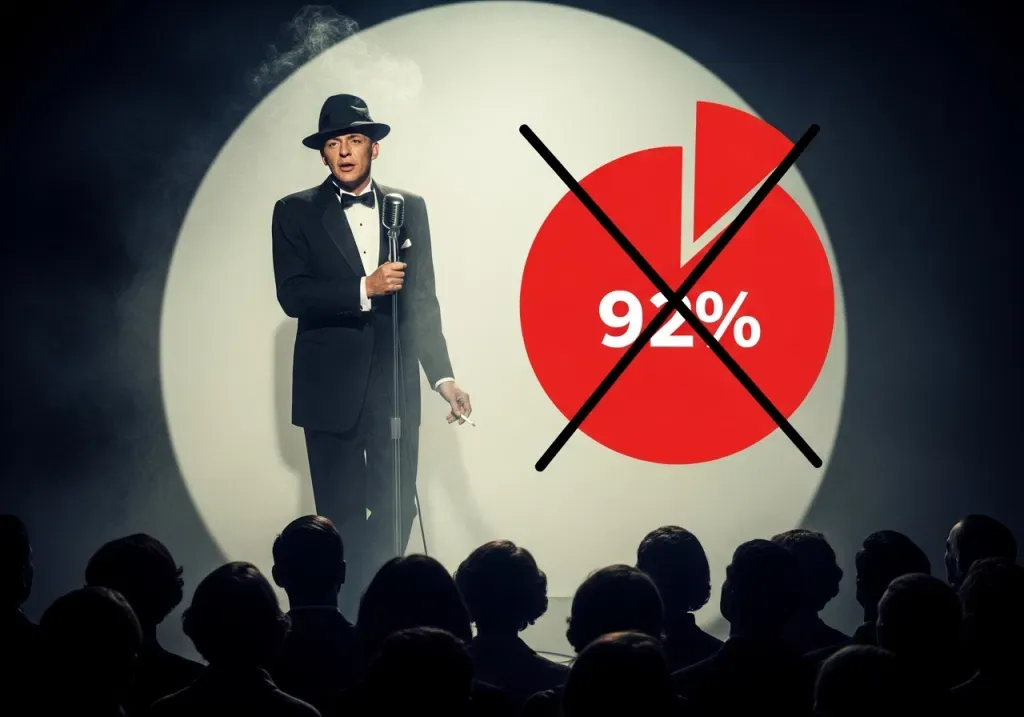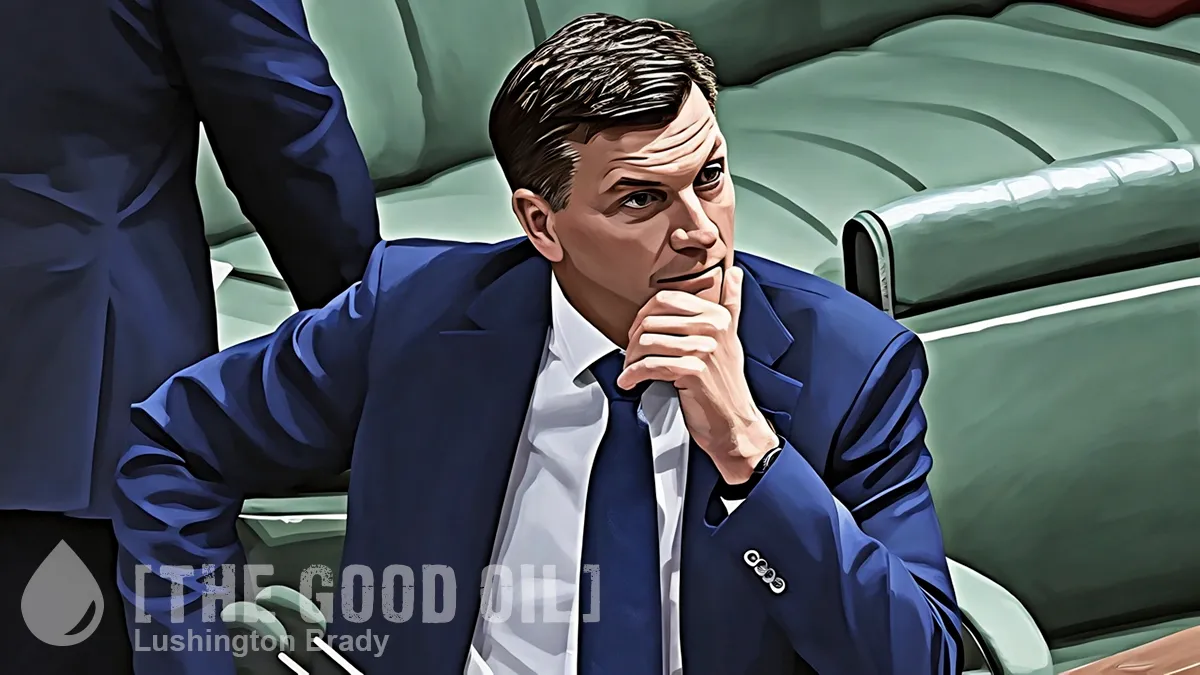Table of Contents
Bruce Logan
The Prime Minister, in the wake of the Royal Commission report on the Christchurch terror attack, would have us believe that hate speech legislation will protect Islam and other minorities from racial and religious disharmony.
There is a worm at the root. Hate speech law must always have an evolving definition determined by whatever the prevailing ideology considers offensive. It discovers and rediscovers its definition as it goes along. Hate speech legislation is the dictator’s temptation and the tyrant’s technique.
Hate speech legislation, because it always suffers from the fashionable political definition, is untethered censorship on stilts. It is a consequence of a continuing muddle over human rights.
We all agree. Human rights are great. However, there are two kinds, not always compatible: the self-evident ones, and the others.
The “self-evident” are self-evident because we have believed in the West, until ten minutes ago, that human dignity has a transcendent source and universal reach. For example, the Treaty of Waitangi and the Universal Declaration of Human Rights depend on that belief.
The self-evident rights include the right to religious belief and expression, freedom of conscience, free speech, freedom to assemble, freedom to move from place to place and freedom to buy and sell. Each right creates a necessary duty for society not to interfere. They are negative rights which the principled state accepts by leaving them alone.
Then there are what we might call positive rights which are really not rights at all. They are claims, reasonable and desirable in some cases; they create a duty for the state to deliver them and the taxpayer to pay for them. For example, the ‘right’ to a free education or warm and dry housing. Most recently and incoherently, the right to choose my gender ‘to become what I am’.
Retain the distinction between negative and positive rights and we’ll rub along without too much fuss. Fudge the distinction and claims are free to masquerade as rights. In a world where there is no centre, they run rampant. Human dignity is what anyone says it is and ultimately what the state makes of that usurping and politicising claim.
That extraordinary vanity and state hubris create a real problem around what it means to be human. The belief that shaped Western culture for centuries, that human dignity and freedom are God-given, is deconstructed by the individual’s right to determine the essence of one’s humanness under the protection of state sovereignty.
Such a belief incubates hate speech legislation. Idolatry is no longer the great sin. Indeed it is the foundation of the new ethic. The besetting and unforgivable sin is to disagree with the state’s right to impose it. There is no redemption, only ostracism.
Ostracism is necessary because the dissenter is fundamentally wrong, perhaps even evil. All must be re-educated — and if that is not possible, silenced — by remedial hate speech law.
So hate speech legislation is the ‘lean and hungry’ controller. Not only does it presume to read people’s minds but it also tells those minds what to think.
The irony should be obvious. Swollen state power regressively turns claims into rights. The more we grasp at individual self-rule the more we lose it.
The Prime Minister acknowledged in Christchurch, September 24, the mosque massacre in the background, that we already have provision dealing with hate speech concerning discrimination around people’s identities. Religion, however, she says, has not been included.
“I just think in a modern New Zealand everyone would agree that no one should be discriminated against for their religion and so it makes sense that we add this to the other suite of things we say is just not OK to discriminate people over.”
But just a moment: the Human Rights Act (2001) already prohibits discrimination on religious grounds.
The Prime Minister is confusing anti-discrimination law with the free speech right to disagree and criticise.
That is exactly what happens when you are muddled in your understanding of human rights.
Religion configures culture and for that reason, it must always be open to criticism and satire, even ridicule. Race, ethnic or national origin are morally neutral. Hate speech legislation will give them prejudicial political power by default. Instead of ameliorating racism, it will intensify it, identifying race or ethnicity above citizenship. Hate speech legislation would make hypocrisy compulsory.
Please share this BFD article so others can discover The BFD.









